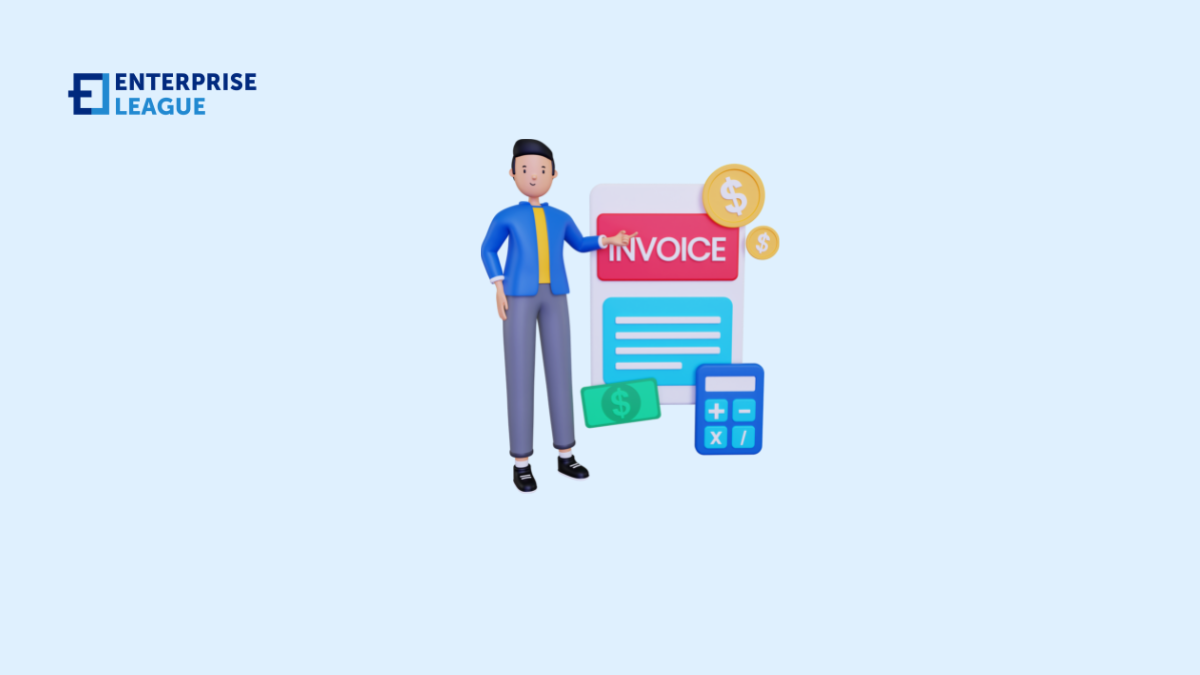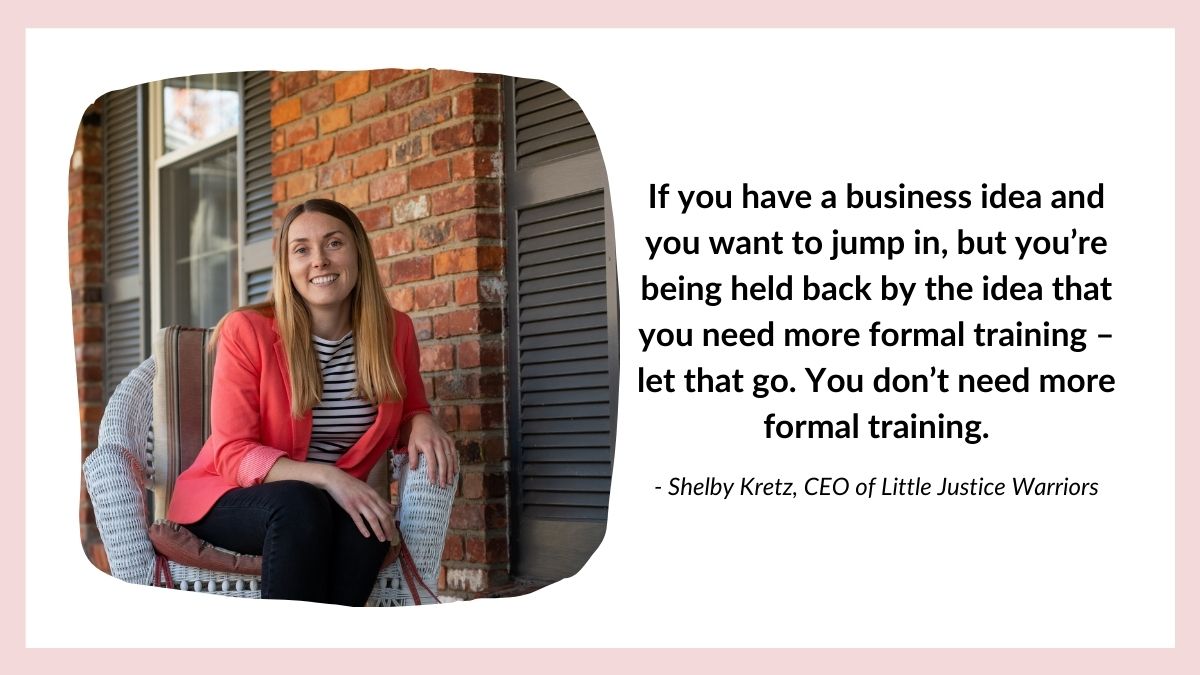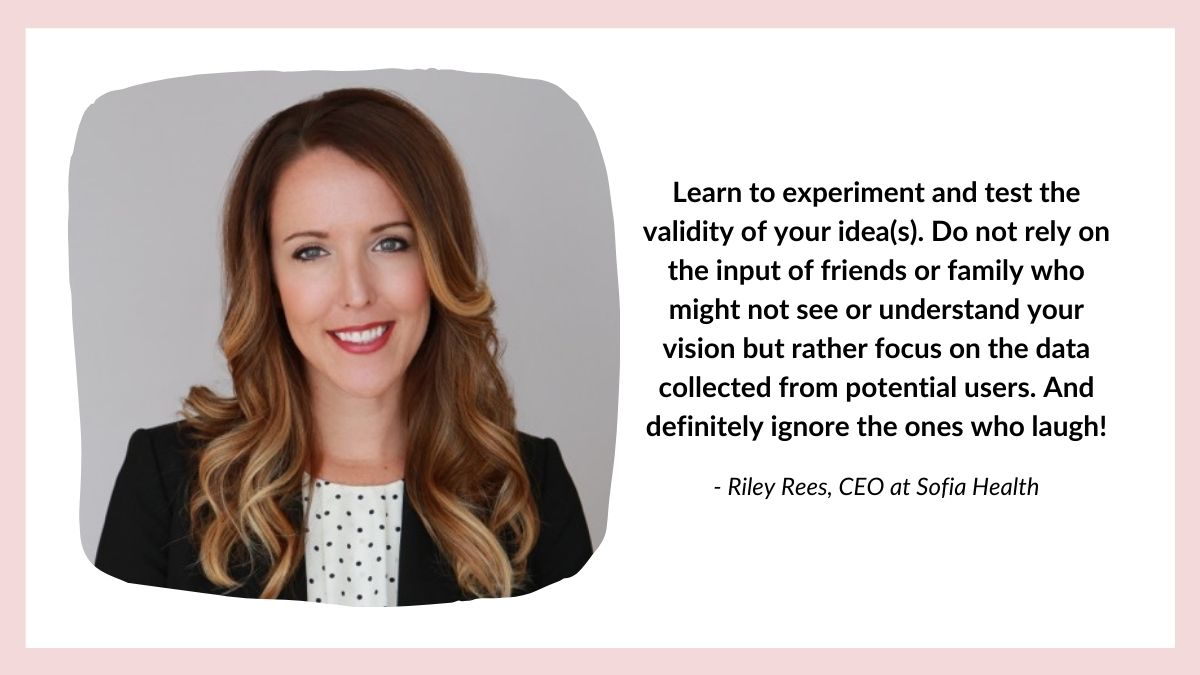An invoice financing service is a great way to secure funding for working capital and investments. Learn how to use invoices to finance your existing business.

Learn how to write a business essay in 7 simple steps
Knowing how to write a business essay is not something that will naturally come to you. It requires expertise in different aspects of business, such as marketing, finance, management, etc. Engaging a professional service like write my capstone project can be a strategic choice to ensure that these complex subjects are handled with the necessary depth and clarity. Besides, you need to have the right skillset to express these heavy-duty ideas and thoughts in a well-articulated manner, which is where a custom essay writing service can come in handy.
Creating business-oriented content which is compelling, persuasive, insightful and well-structured, is not a cakewalk. Moreover, you need to use the appropriate language, present the essay as per the requirement, and offer significant content backed by data-driven ideas.
If you are looking for some tips and hacks to enhance your business essay writing skills, here’s what you should do.
A step-by-step guide to teach you how to write a business essay
You may need to write a business essay for your admission to the business school or an essay about time management or you may have to present a detailed report based on a business idea in your company. In any case, the task requires hard work and dedication.
If you don’t have time to learn how to write a business essay, you can always delegate it to a research paper writing service and let professional academic writers take care of it. However, we’ve made the following step-by-step guide to prepare you if you decide to do it yourself.
Start with a thorough analysis of the essay prompt
Now, this can indeed be a tricky one. Be attentive enough to understand what the essay prompt is about. It can either be a discuss-type essay or a case study. Analyze the topic carefully because your entire essay depends on this information. Be mindful of the keywords such as illustrate, compare, criticize, or explain. Decide your approach based on such keywords.
Your thesis, choice of vocabulary, the structure of the essay, and the concluding thoughts should be in synchroneity with the essay prompt. Do not start composing your essay until and unless you are 100% sure about the given topic.
Come up with a strong thesis statement
Your thesis decides the fate of the rest of the content. It needs to be powerful and effective. It is the foundation of your essay, and you don’t want to develop your essay on shaky ground, right?
A thesis statement is a statement that comprises the main theme of your argument and an idea about what your readers can expect from the essay. Remember that a thesis statement acts as the “make or break” point for the essay.
Come up with an impactful thesis statement, and define it using descriptive words. Be unambiguous. Use your resources, or ask a professional essay writer to do my assignment online if you need some help in writing a compelling thesis statement for your business essay.
Create a well-structured outline for your essay
Depending on whether it is a case study or a discussion-type essay, you need to write an outline first. Once you are done with the outline, connecting the dots will be much easier. Hence, when learning how to write a business essay, the outline rules are imperative.
For a case-study type essay, you can use the following outline:
- Introduction
- Background
- Body/Main content
- Concluding thoughts
- Bibliography
For a discuss-type essay, the following outline can be effective:
- Introduction
- Body/Main content
- Concluding thoughts
- List of references
Research, study, repeat
A business essay should not sound like storytelling. You cannot use your fancy and refined vocabulary to increase the word count. Rather, you will need stats, data, and intricate business information to write your business essay.
So, before you start working on it, make sure you research a lot. Jot down every relevant point, bookmark necessary pages, and spend time studying the topic. Once you are confident enough about the topic, proceed with the essay. You can also speedup your work by using services that write papers for money. It’s a quick and effective way to get things done.
Prepare the first draft
Do not take a risk with your business essay. Because the majority of the time, it is an important determiner of your grades. Adorn your thinking hat, and start writing the essay as thoughts come pouring in.
Corrections, editing, and omissions can be done later during the proofreading stage. Right now, focus on the first draft. Go with the flow and do not stop, as this is the time you will get the best inputs and ideas for your essay.
Edit and proofread recklessly
And, before adding a conclusion, how to write a business essay guide, as well as any kind of writings, requires proofreading. Now that you have the first draft of your business essay ready, start proofreading. Double-check every word. Read between the lines. Add anything that you feel is relevant and remove everything unnecessary.
Use tools and software to polish the content. Avoid leaving any grammatical errors in the text. Also, remember that plagiarized content can have serious consequences.
Finalize your draft and add a conclusion
After the editing, you can get a printed copy of the draft. Try reading the essay aloud, and pay attention to all the minute details such as language, date, spellings, and punctuations. You should also notice if the flow of the essay is proper. If the flow breaks at any point during the reading aloud session, it should be improved. If everything sounds well, go ahead with it.
Conclusion
Focus on relevant concepts, the latest data, and statistics to make your essay informative. Use brief, to the point, and professional vocabulary for the essay. Most importantly, keep practicing how to write a persuasive business essay if you wish to gain mastery over the art of writing business essays.
More must-read stories from Enterprise League:
- 27 pricing strategies to help you with pricing your products.
- Seasoned experts share 27 golden rules about Google Advertising for small businesses.
- TikTok Marketing 101: How small businesses can get the most of it.
- Why hiring Millennials is the best decision you can ever make.
- The challenges businesses face when going online and how to solve them.
Related Articles
The pros and cons of invoice financing
Maximize your crypto profits with these 7 proven ways
The most important part of making money with cryptocurrency is understanding the opportunities at hand. Here, you can find the best tips for crypto profits.
Do I need to pay taxes for a startup company?
If you are a startup company, you will have to pay taxes in order to avoid legal problems and penalties. Look at the five reasons why you should start paying.
Transform your business career: 8 tips for writing an impactful startup resume
In the rapidly evolving business landscape, startups have become the epitome of innovation, disruption, and boundless opportunities. If you're aspiring to transform your business career and make your mark in this dynamic realm, crafting an impactful startup resume is...
Moving your office across the country: 8 tips for a seamless transition
Moving your office across the country can be a challenging and stressful process for you. But with these eight tricks, you can ensure a smooth transition.



















